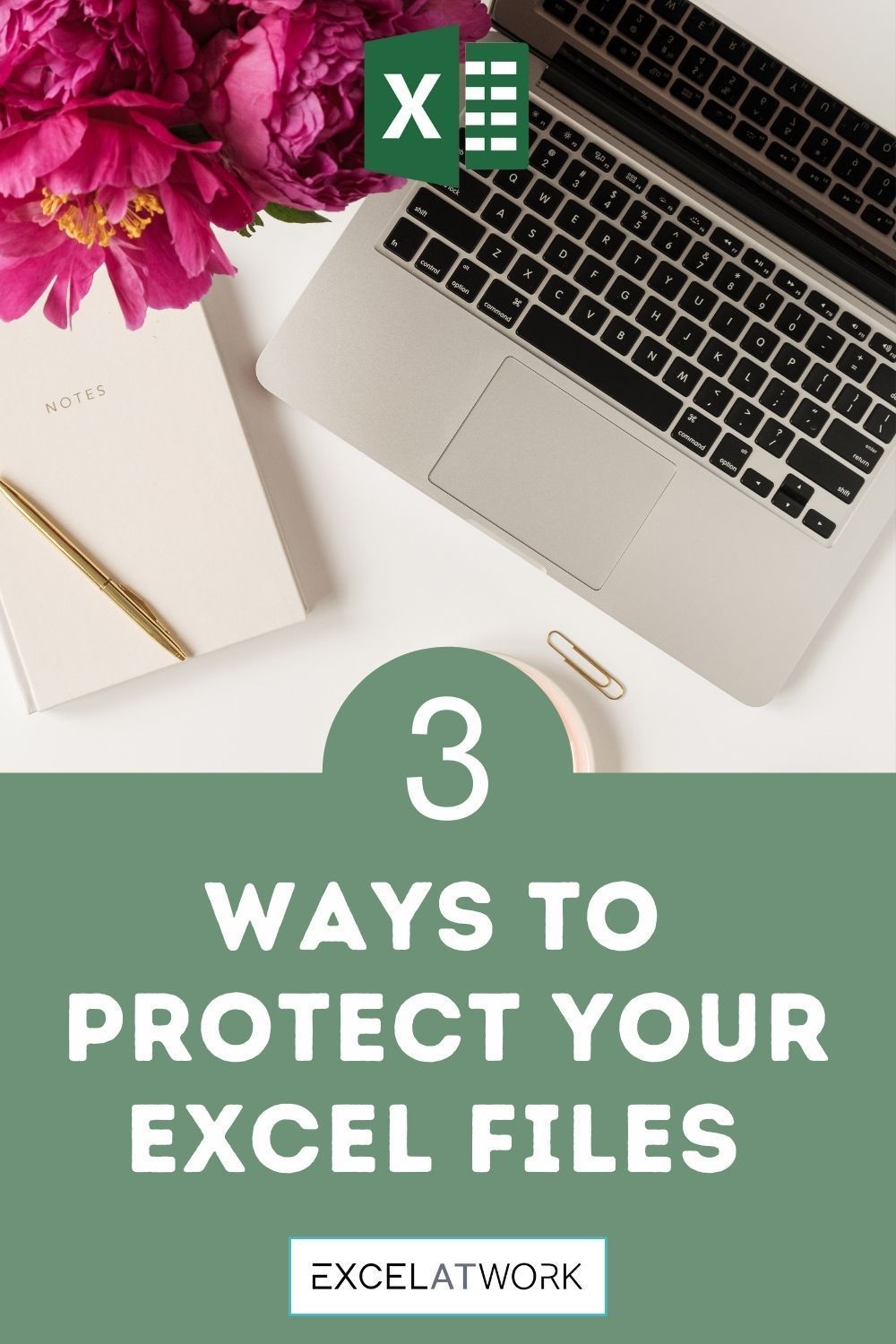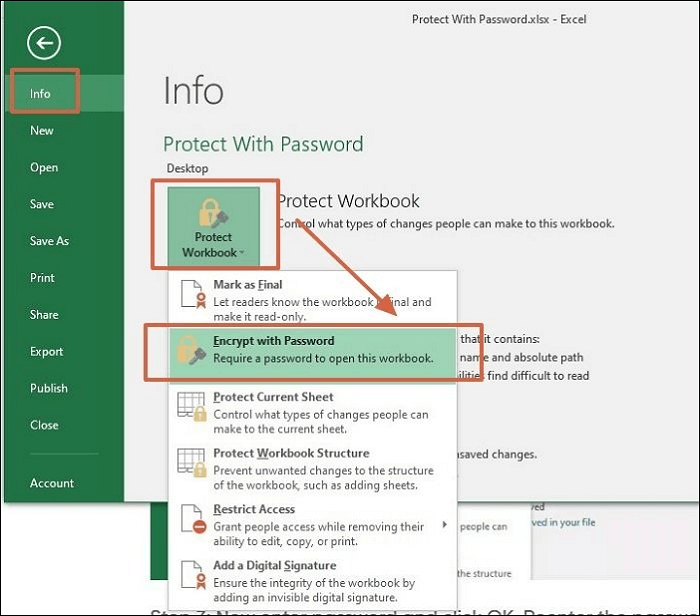Secure Your Excel Sheets with Password Protection Now

Excel sheets often contain valuable data, and safeguarding this information is crucial in today's digital world. Password protecting your Excel sheets not only ensures that your data remains confidential but also prevents unauthorized changes. In this post, we'll delve into the step-by-step methods for securing your Excel documents with passwords, explore different levels of protection, and discuss some tips for maintaining secure access.
Why Password Protect Excel Sheets?

Before diving into the how-to, it's important to understand the reasons for password protecting your Excel files:
- Confidentiality: Keep sensitive business or personal data safe from prying eyes.
- Integrity: Prevent accidental or deliberate alterations to the data within your spreadsheets.
- Compliance: Adhere to data protection regulations that require you to protect personal information.
How to Password Protect an Excel Sheet

Step-by-Step Guide

Here are the steps to set up password protection in Microsoft Excel:
- Open your Excel workbook.
- Select the worksheet you want to protect by clicking on the tab at the bottom of the workbook.
- Navigate to the Review tab in the ribbon.
- Click on Protect Sheet in the Changes group.
- Here, you can set:
- A password for editing the sheet (optional).
- What actions users are allowed to perform on the protected sheet.
- Enter and confirm your password.
- Click OK.
⚠️ Note: Make sure to remember your password. Microsoft does not store these passwords, so if you forget it, you might lose access to your sheet.
Protecting the Workbook

To prevent changes to the structure of your workbook, you can also protect the entire workbook:
- Click on Protect Workbook from the Review tab.
- Choose Structure to lock the worksheet tabs.
- Set a password for the workbook (optional).
Advanced Protection Options

Encrypting with a Password

For maximum security, encrypt the entire workbook:
- Go to File > Info.
- Click on Protect Workbook and then Encrypt with Password.
- Enter your password and confirm it.
- Save the workbook.
Read-only Mode

To ensure only viewing without editing:
- Navigate to File > Info.
- Select Protect Workbook > Mark as Final.
This doesn't require a password but sets the workbook to read-only mode, signaling that it's a final version.
Sharing Password Protected Excel Sheets

When sharing protected Excel sheets, consider the following:
- Sharing Passwords Securely: Use secure methods like encrypted email or secure messengers for sharing passwords.
- Revoking Access: To revoke access, change the password or create a new copy with a different password.
- Limited Editing: Allow limited editing options for collaborators who need to make changes.
Best Practices for Excel Password Protection

To ensure the highest level of security for your Excel files, follow these best practices:
| Best Practice | Description |
|---|---|
| Strong Passwords | Use a mix of upper and lowercase letters, numbers, and special characters. |
| Regular Updates | Regularly update your passwords to prevent them from becoming too predictable. |
| Limit Access | Only give access to those who really need it, reducing the risk of unauthorized access. |
| Backup | Always keep a secure backup of your files to prevent data loss due to forgotten passwords. |

By adhering to these practices, you can significantly bolster the security of your sensitive data within Excel sheets.
Protecting your Excel files with passwords is an essential step in maintaining data security. Whether it's for personal use, business transactions, or collaborative work, password protection ensures your data remains safe and unchanged. While this guide provides a comprehensive approach to securing your Excel sheets, always remember that no system is entirely foolproof. Stay vigilant, keep your software up to date, and practice good password hygiene to protect your digital assets.
Can I recover a forgotten Excel password?

+
Unfortunately, Microsoft does not provide any native tools to recover passwords. However, you might use third-party software, which could potentially decrypt your file or find the password, but these services come with their own risks and are not always successful.
What is the difference between protecting a sheet and protecting the entire workbook?

+
Protecting a sheet prevents changes to the content within that sheet while still allowing other sheets to be modified. Protecting the entire workbook secures the structure of the workbook, stopping users from adding, moving, or deleting sheets. Both can use passwords, but serve different purposes in data protection.
How secure is Excel’s password protection?

+
Excel uses standard encryption for passwords, which is secure for most purposes. However, with enough time and resources, any password can be cracked. For high-security needs, consider using additional layers of protection or specialized encryption software.